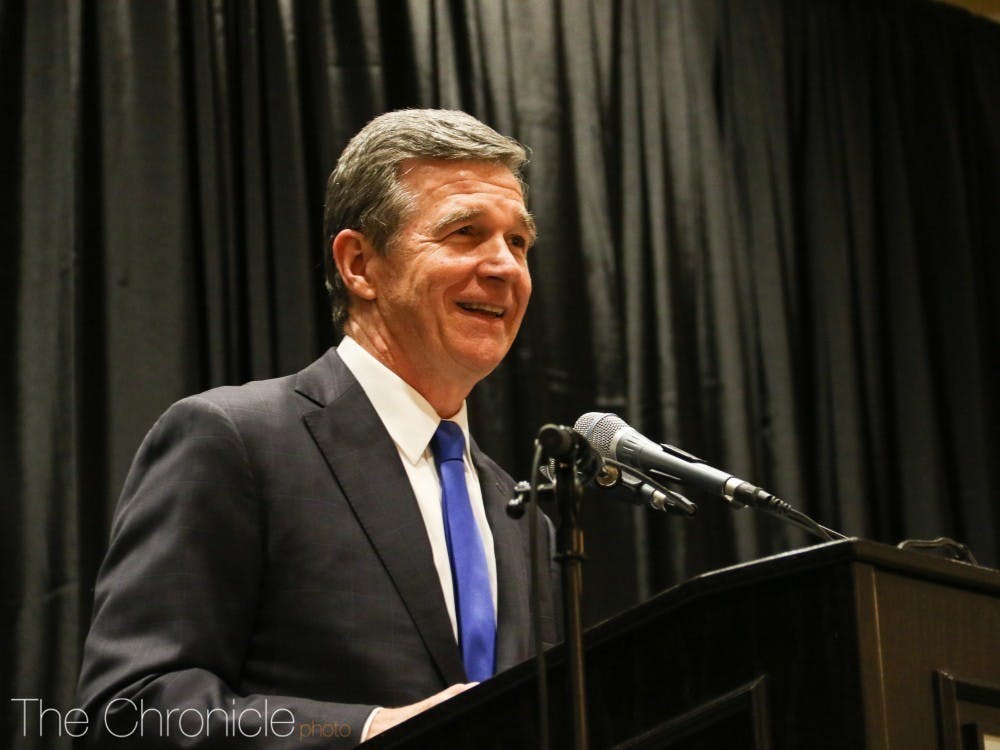Gov. Roy Cooper signed an executive order to grant protections on reproductive freedom and abortion access in North Carolina on Wednesday.
Executive Order 263 follows the U.S. Supreme Court's decision to overturn Roe v. Wade, which protected the right to an abortion for nearly 50 years.
The order takes multiple steps to fortify existing abortion laws in the state.
Patients and providers cannot be penalized or criminalized for their involvement in lawful reproductive health care in North Carolina. The order also called on the Department of Public Safety to collaborate with law enforcement to ensure that the statute protecting access to health care facilities is upheld.
The order stated that all cabinet agencies— agencies belonging to the governor’s office or led by a member of the governor’s cabinet—should collaborate with one another to protect individuals and entities who are “providing, assisting, seeking, or obtaining lawful reproductive health care services in North Carolina.”
“For now, it’s up to the states to determine whether women get reproductive health care, and in North Carolina they still can, thanks to my veto and enough legislative votes to sustain it,” Cooper said at the press conference. “I am determined to keep it that way and people need to know that their votes in state legislative races this November will determine the fate of women’s health and freedom in our state.”
In the wake of the Supreme Court’s decision on Dobbs v. Jackson Women's Health Organization, many nearby states are upholding strict bans on abortions. These decisions make North Carolina an “increasingly critical access point for reproductive health care services for people across the Southeast and country,” the order read.
Cooper referenced research that shows unnecessary restrictions and bans on reproductive healthcare rights can harm people’s health, safety and economic stability. The order also addressed the disproportionate impacts of restrictions on people of color, people with disabilities, people with low incomes and people who live in rural areas.
At the press conference, Cooper was joined by Planned Parenthood Action President Alexis McGill Johnson and other reproductive care advocates.
The order does not change state law, but it ensures residents can maintain the protections and rights they are granted under law.
The order is in effect immediately and will remain until it is repealed, replaced, or rescinded.
Get The Chronicle straight to your inbox
Sign up for our weekly newsletter. Cancel at any time.

Kathryn Thomas is a Trinity junior and new reporter coordinator of The Chronicle's 119th volume. She was previously news editor for Volume 118.

